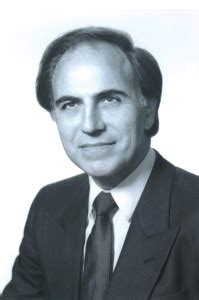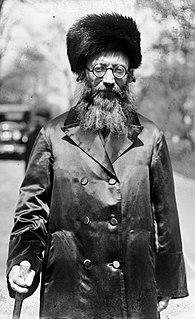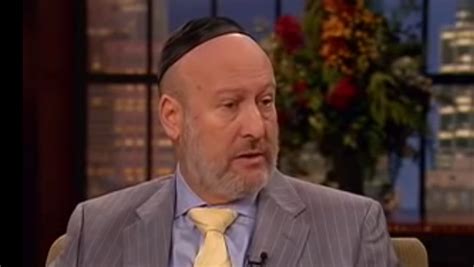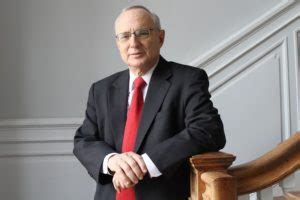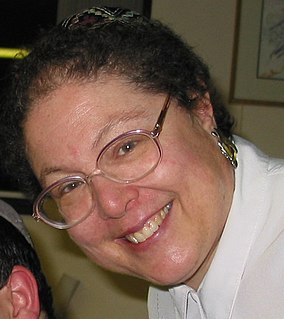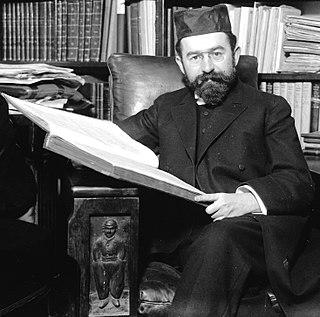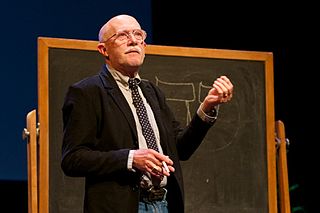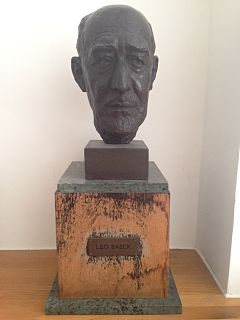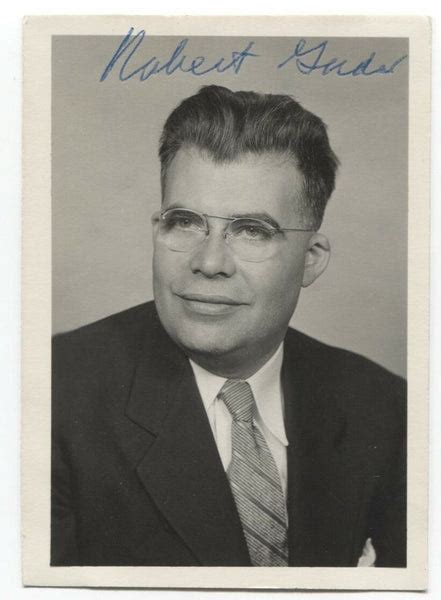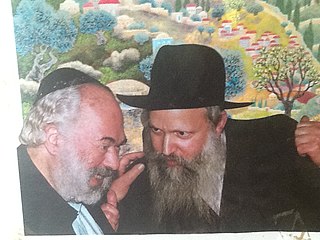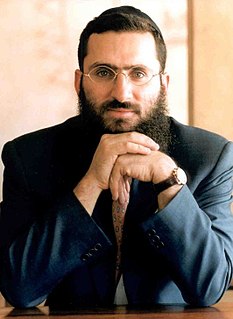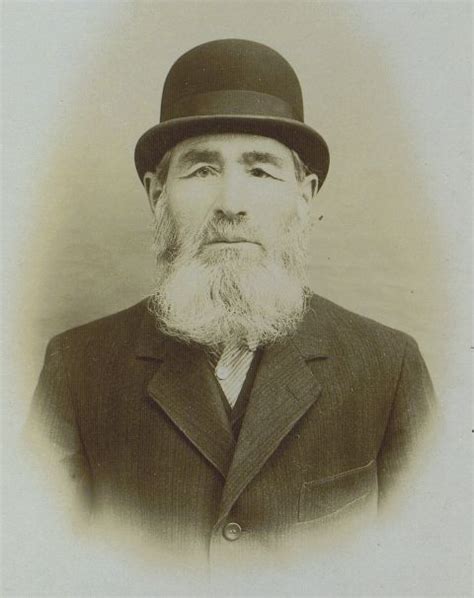A Quote by Sherwin Wine
Two hundred years ago the forces of freedom challenged this idea. The children of the new enlightenment rose up to defy the tyranny of arrogant clergy and the censorship of pious bureaucrats. They boldly proclaimed that the state must be free from religious coercion and that religion must be free from state control. All individuals have the right to pursue the dictates of their own conscience. All citizens even have the right not to be religious at all.
Quote Topics
Related Quotes
Your constitution guarantees to every citizen, even the humblest, the enjoyment of life, liberty, and property. It promises to all, religious freedom, the right to all to worship God beneath their own vine and fig tree, according to the dictates of their conscience. It guarantees to all the citizens of the several states the right to become citizens of any one of the states, and to enjoy all the rights and immunities of the citizens of the state of his adoption.
Today courts wrongly interpret separation of church and state to mean that religion has no place in the public arena, or that morality derived from religion should not be permitted to shape our laws. Somehow freedom for religious expression has become freedom from religious expression. Secularists want to empty the public square of religion and religious-based morality so they can monopolize the shared space of society with their own views. In the process they have made religious believers into second-class citizens.
The separation of church and state is necessary partly because if religion is good then the state shouldn't interfere with the religious vision or with the religious prophet. There must be a realm of truth beyond political competence, that's why there must be a separation of churches, but if religion is bad and a bad religion is one that gives an ultimate sanctity to some particular cause. Then religion mustn't interfere with the state - so one of the basic Democratic principles as we know it in America is the separation of church and state.
The lessons of the First Amendment are as urgent in the modern world as the 18th Century when it was written. One timeless lesson is that if citizens are subjected to state-sponsored religious exercises, the State disavows its own duty to guard and respect that sphere of inviolable conscience and belief which is the mark of a free people.
Religious institutions that use government power in support of themselves and force their views on persons of other faiths, or of no faith, undermine all our civil rights. Moreover, state support of an established religion tends to make the clergy unresponsive to their own people, and leads to corruption within religion itself. Erecting the 'wall of separation between church and state,' therefore, is absolutely essential in a free society.
Legal systems, at both the national and international level, are therefore required to recognize, guarantee and protect religious freedom, which is a right intrinsically inherent in human nature, in man's dignity as a free being, and is also an indicator of a healthy democracy and cone of the main sources of the legitimacy of the State. Religious freedom ... favors the development of relationships of mutual respect between the different Confessions and their healthy collaboration with the State and political society, without confusion of roles and without antagonism.
Inasmuch as every family is a part of a state, and these relationships are the parts of a family, and the virtue of the part must have regard to the virtue of the whole, women and children must be trained by education with an eye to the constitution, if the virtues of either of them are supposed to make any difference in the virtues of the state. And they must make a difference: for the children grow up to be citizens, and half the free persons in a state are women.
What begins as a Utopian vision, always - always - ends in bloodshed. Because you have to force a utopia on a free people. Free people want to pursue their own happiness, but a one-size-fits-all approach requires herding the free, against their will, into the state's idea of what's right. Then it's not utopia.
